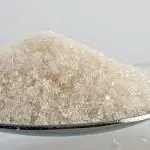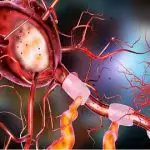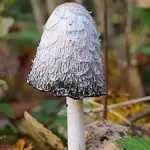Glucose and fructose are the simple sugars, with the same molecular formula 'C6H12O6'. Glucose is the aldohexose, while fructose is ketohexoses. Fructose is commercially used as sweeteners in the food and beverages industries. The table sugar or sucrose is made up of fructose and glucose. Usually, our body also absorbs this type and is used to produce energy by the cells. … [Read more...] about Difference Between Glucose and Fructose
Difference Between Codon and Anticodon
Codons can be said as the three-base sequence of nitrogenous bases present in a row on mRNA. These nitrogenous bases are Adenine, Guanine, Cytosine, and Uracil (thymine is present in DNA). The complementary sequence of the codons triplets are known as anticodons. Secondly, one mRNA contains numerous codons, but one tRNA has only one anticodon, that codes for an amino acid. … [Read more...] about Difference Between Codon and Anticodon
Difference Between Southern, Northern and Western Blotting Techniques
Southern blotting is the first detection technique which is used to identify the specific DNA sequences in the provided tissue or blood sample and is named after the scientist who developed it, 'Ed Southern in the year 1975. Northern blotting is the technique used to know the gene expression of the provided sample by identifying the specific RNA or mRNA molecules; it was … [Read more...] about Difference Between Southern, Northern and Western Blotting Techniques
Difference Between Afferent and Efferent Neurons
The afferent or sensory nerve transfers the messages or signals from various organs to the spinal cord or brain. In contrast, efferent nerve or motor nerve transfer the messages or signals from the spinal cord or brain to multiple organs. That means their role is opposite, but they work in transferring signals between organs and spinal cord or brain. When you rub your palms, … [Read more...] about Difference Between Afferent and Efferent Neurons
Difference Between Scavenger and Decomposer
Scavenger is the organisms that break apart the dead and decayed matter into smaller particles. In contrast, decomposer is such organisms that further break-down or decompose the dead matter (dead plants and animals). As a result, they provide nutrients to the soil by producing products such as nitrogen, phosphorus, calcium. Therefore we can say that scavengers are the one … [Read more...] about Difference Between Scavenger and Decomposer





